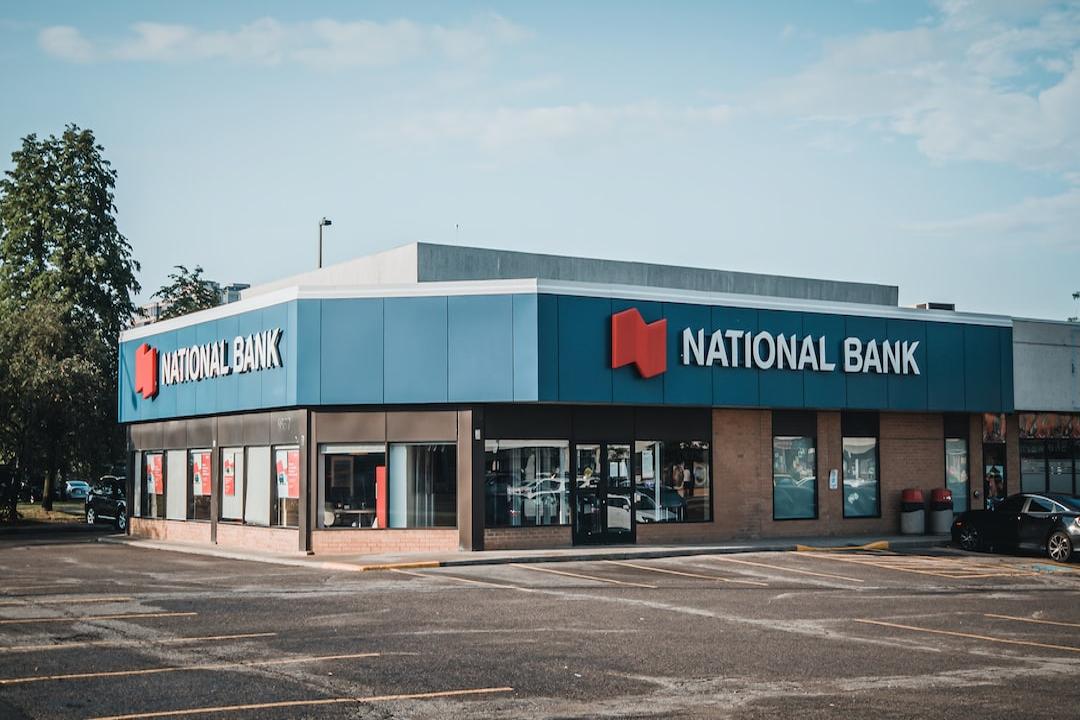Article Author: Coinbase
Translated by: TechFlow
Blockchain activities of top listed companies in the United States are busier than ever before. The number of on-chain projects announced by Fortune 100 companies increased by 39% compared to the previous year, reaching a historic high in the first quarter of 2024. A survey of Fortune 500 executives found that 56% of them stated their companies are engaging in blockchain projects. From major traditional brands to small businesses, prominent enterprises and products in the financial sector are embracing blockchain technology and cryptocurrencies, driving innovation and providing access for widespread adoption. The increase in activity underscores the urgency of establishing clear rules for cryptocurrencies, which help retain cryptocurrency developers and other talents in the United States.

According to research conducted by The Block for Coinbase, the number of cryptocurrency, blockchain, or Web3 projects announced by Fortune 100 companies increased by 39% compared to the previous year, reaching a historic high in the first quarter of 2024. A survey of Fortune 500 executives revealed that 56% of companies are undertaking blockchain projects, including consumer-facing payment applications. The increased activity highlights the urgency of establishing clear cryptocurrency rules to help retain developers and other talents in the United States, fulfill the promise of better access to cryptocurrencies, and maintain America’s leadership position in the cryptocurrency field globally.
Many trusted brands and products in the financial sector are embracing blockchain technology and cryptocurrencies, driving innovation and providing access for widespread adoption:
The launch of Bitcoin Futures ETF meets a significant potential demand. As of today, the total assets under management of Bitcoin Futures ETF exceed $630 billion. On May 23, 2024, the U.S. Securities and Exchange Commission (SEC) approved applications to list and trade Ethereum Futures ETF (pending S-1 approval), further expanding access to spot cryptocurrencies and driving adoption.
In addition to ETFs, on-chain government securities are driving interest in the tokenization of real-world assets. Recent high interest rates have increased demand for on-chain secure, high-yield government bonds, with the value of U.S. Treasury tokenized products growing by over 1000% since early 2023, reaching $12.9 billion. BlackRock’s tokenized U.S. Treasury bond fund, BUIDL, has reached $3.82 billion, surpassing Franklin Templeton’s $3.68 billion fund to become the largest fund; crypto hedge funds and market makers are using BUIDL as collateral for trading tokens. By 2030, the tokenized asset market is expected to reach $16 trillion, equivalent to the EU’s GDP today.
Apart from Coinbase, global payment giants PayPal and Stripe are making stablecoins more accessible. Through Circle, merchants on Stripe can now accept USDC payments via Ethereum, Solana, and Polygon, automatically converted into fiat currency. PayPal supports cross-border transfers, covering stablecoin users in approximately 160 countries – with no transaction fees, while the average cost of global remittance services ranges from 4.45% to 6.39%. In 2023, the annual settlement volume of stablecoins reached $10 trillion, more than ten times the total global remittance volume.
This progress is not only top-down but also bottom-up: America’s most trusted institutions, small businesses are also entering the cryptocurrency space. Approximately 68% of small businesses believe that cryptocurrency can help address at least one financial pain point, with the most significant pain points being transaction fees and processing times.
At Coinbase, we appreciate the progress of traditional finance in updating systems and make some calls based on the data:
The United States must nurture the talent it increasingly needs instead of continuing to lose them overseas. Over the past five years, the share of U.S. developers has decreased by 14 percentage points; currently, only 26% of cryptocurrency developers are in the United States. Among Fortune 500 executives, concerns about the availability of trustworthy talent are now the main obstacle to adoption, surpassing concerns about regulation. In small businesses, half of them indicate that they may look for candidates familiar with cryptocurrencies when hiring for finance, legal, or IT/tech positions in the future. Clear cryptocurrency rules are key to retaining developers – and key to America’s continued leadership in cutting-edge tech innovation.
Equally important is ensuring that this technology fulfills its promise to better serve cryptocurrency-using companies in need of financial services, and more importantly, ensuring that those underserved by financial services are served. About 48% of Fortune 500 executives believe that cryptocurrencies have the potential to increase access to the financial system and create Fortune for those in need of financial services. For companies using cryptocurrencies, a Fortune 500 executive pointed out that banks can encourage innovation by finding more ways to collaborate with them.
The United States needs to take the lead in this field. Fortune 500 executives show strong interest here: 79% want to partner with American partners (up from 73% last year), and 72% agree that a dollar-backed digital currency (as opposed to the yen) can maintain the global competitiveness of the U.S. economy.
Cryptocurrency is the future of currency.
This research report is the fourth report released by Coinbase since June 2023 and is a year-over-year study on enterprise adoption, highlighting the role of cryptocurrencies, blockchain, and other network technologies in updating the global financial system for the benefit of businesses and consumers.
Methodology
Unless otherwise noted, the data and insights cited in this report are sourced from the following:
Fortune 100 projects: The Block Pro Research analyzed Web3 project activities of Fortune 100 companies from the first quarter of 2020 to early June 2024. “Activity” is broadly defined to include internal projects, investments, partnerships, product/service launches, and similar projects related to digital assets/blockchain. The Block conducted public information searches using keywords such as “cryptocurrency,” “blockchain,” “tokenization,” “NFTs,” “metaverse,” and “digital assets” in news websites, company documents, press releases, and announcements. Search results were manually screened, aggregated, and deduplicated. For each project in the database, The Block assessed project stage, industry, and Web3 use cases (e.g., tokenization, process automation, payments/settlements, etc.).
Fortune 100 projects, stablecoins, and tokenization case studies: The Block’s research.
Web3 adoption survey: A survey of 104 Fortune 500 executives (at the director level and above) conducted by third-party research company GLG for Coinbase, who are knowledgeable about cryptocurrency and blockchain, conducted from April 17 to 25, 2024.
Small business survey: A survey of 250 U.S. small businesses (with fewer than 500 employees) conducted by research company NRG for Coinbase, with financial decision-makers knowledgeable about cryptocurrency, conducted from April 24 to 29, 2024.
Original Article Link
Subscribe to Updates
Get the latest creative news from FooBar about art, design and business.

